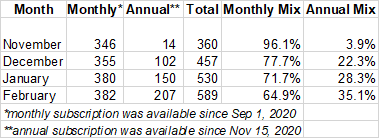
1/5 Thread: 50 years of Bangladesh
Exactly five decades ago, Bangladesh became an independent nation on this day.
Dubbed as a basket case and despite a famine that followed a few years after the war, Bangladesh mostly surprised the whole world.
Exactly five decades ago, Bangladesh became an independent nation on this day.
Dubbed as a basket case and despite a famine that followed a few years after the war, Bangladesh mostly surprised the whole world.
2/5 A country with a size of the New York State but the half the population of the US, Bangladesh was supposed to crumble, but it hasn’t.
Bangladesh may have surprised the world, but most Bangladeshis do have a sense of melancholy.
Bangladesh may have surprised the world, but most Bangladeshis do have a sense of melancholy.
3/5 Many Bangladeshis know someone who they lost during the war. When you pay such a high price to be independent, you want to be compensated with bit of a utopia that makes the sacrifice worth it.
Bangladesh fell far short of that utopia.
Bangladesh fell far short of that utopia.
4/5 Sometimes I wonder whether all states are inherently bound to disappoint us. The idea of the grandeur of the state is indeed just a lofty narrative which is mostly weaved through our collective imagination.
5/5 We paint that collective imagination in such pristine colors that the pesky dust of reality cannot possibly meet that imagination.
May Bangladesh continue to reign in 180 million people’s collective imagination for decades to come.
At home, and abroad.
May Bangladesh continue to reign in 180 million people’s collective imagination for decades to come.
At home, and abroad.
• • •
Missing some Tweet in this thread? You can try to
force a refresh








